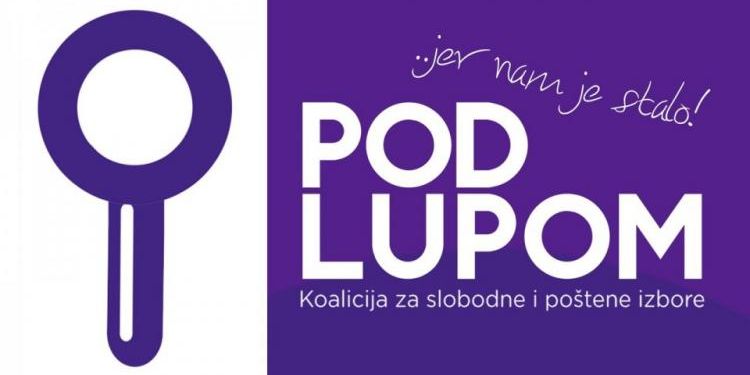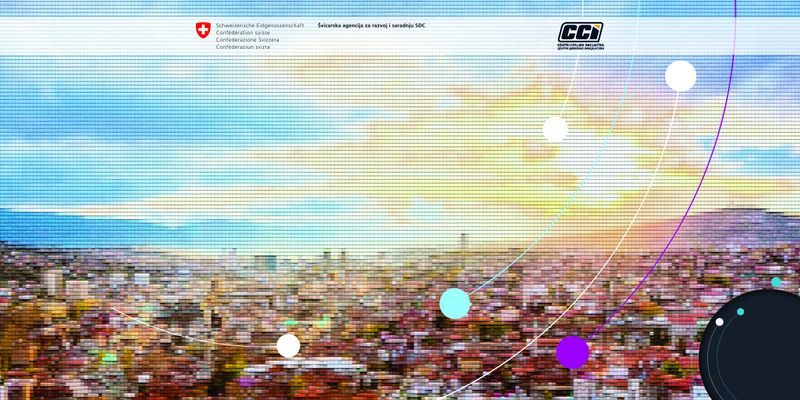11.09.2019
Stronger Control to Reduce Corruption Risk in Healthcare
The Transparency International Bosnia and Herzegovina (TI BiH) and the Centres for Civic Initiatives (CCI) have today in Sarajevo presented the “Analysis of the Legislative and Institutional Framework and Policy on the Prevention of Corruption in the Healthcare Sector in BiH” as part of the the European Union funded project “Cure the Healthcare”. The analysis provides an overview of the legislative and regulatory framework and corruption prevention practices in the healthcare institutions in BiH with an emphasis on the fields susceptible to corruption (public procurement, human resource management, conflict of interest, finance management).
This study points to a range of systemic problems in the healthcare sector which lays on fragile foundations and capacities that are inadequate for the development and implementation of high-quality public policies in fighting corruption. As regards the establishment of internal financial control and audit, all levels in BiH are currently in early stages of establishing the system. The study shows that more than a half of the surveyed healthcare institutions (54% in FBiH and 67% in RS) lack the established internal oversight system.
In public procurements, which is one of the fields most susceptible to corruption, the findings of the study suggest that the public healthcare institutions fail to meet professional and ethical standards and that they lack sufficient capacities and structures. In the FBiH, a little less than a half of the surveyed public healthcare institutions have an officer/department for public procurement, while in RS, this is the case for half of the surveyed institutions.
Election and appointment of the management bodies in the public healthcare organisations are deeply politicised and are subject to settling accounts in order to form political coalitions and for political coalitions to function. The current legal solutions do not guarantee election and appointment of the best and most competent individuals in the bodies governing the public health care organisations. This study suggests that there is a lack of employment policies in the healthcare sector.
Waiting time for some non-urgent services in BiH is rather long (even up to 10 months), which can affect both patient's health and life. The vague procedures for creating waitlists and failure to disclose them may contribute to corruptive and illegal actions where healthcare workers are encouraging patients to make a bribe or where patients self-willingly offer a bribe in order to accelerate the provision of services.
The TI BIH and the CCI will work through the project “Cure the Healthcare“ with 15 selected healthcare institutions to improve their internal policies regulating the fields that are susceptible to corruption to demonstrate that it is possible to improve the situation in some institutions, but also in the healthcare sector in general.
Ana Lučić
Koordinator za odnose s medijima
![]() ana at ccibh dot org
ana at ccibh dot org
![]() 055 222 111
055 222 111
![]() Karađorđeva 8, Bijeljina
Karađorđeva 8, Bijeljina



















